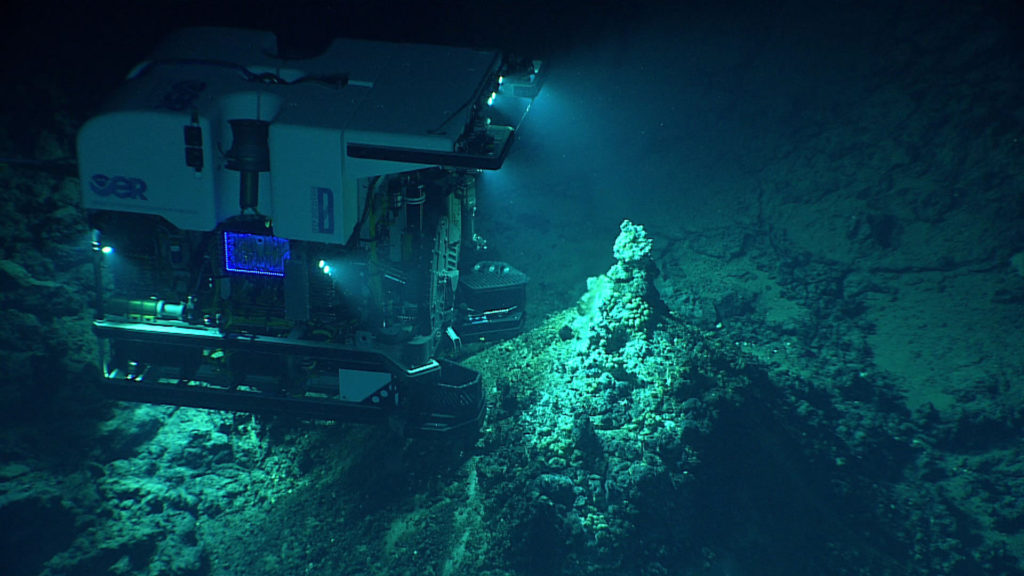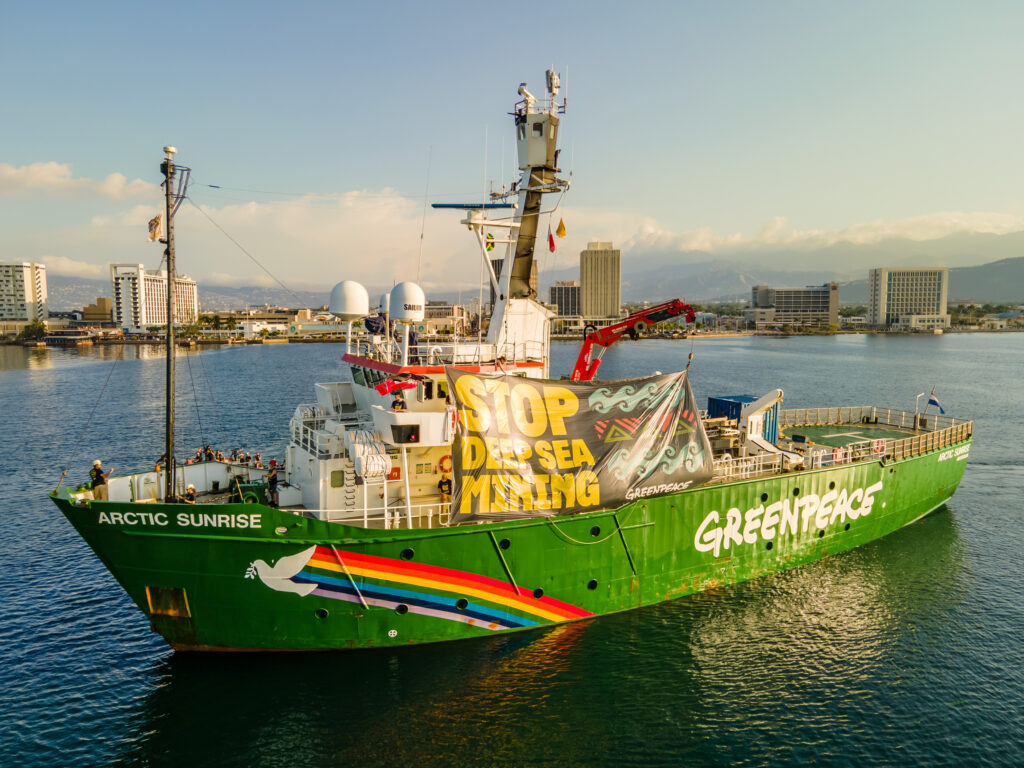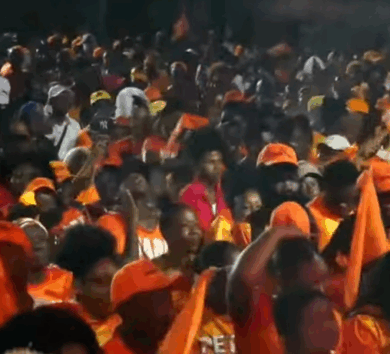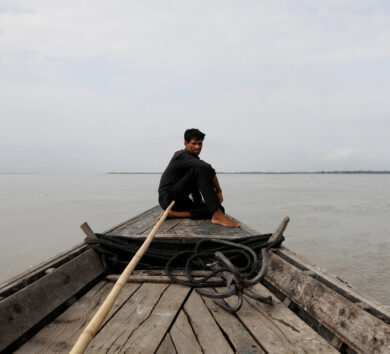

Durrant Pate/Contributor
The International Seabed Authority (ISA), based in Kingston, will once again try to hammer out an international treaty for future deep-sea mining.
The ISA, which is the only United Nations organ based in Jamaica, will again attempt what has been elusive thus far, which is to agree on a mining code. This code is for the possible exploitation of nickel, cobalt and copper in deep seabed areas that fall outside of national jurisdictions.
Despite several meetings and ISA seasonal sessions over the last decade, trying to trash out an international treaty for future deep-sea mining, no agreement has been reached. After the July 9 expiration of a deadline invoked by the small Pacific state of Nauru, the ISA would now be obligated to consider and, if thought necessary, grant licences for potentially environmentally devastating mining operations, if governments request them.
If this happens, it would represent a step further than the status quo, which has so far only seen exploration permits granted as the deep-sea mining sector itches to take off in earnest.
Conservationists continue to push back
The ISA meetings, which kicked off on Monday (July 10) will run until the end of the month. Emma Wilson, of the Deep Sea Conservation Coalition (DSCC) spoke with AFP saying the ISA is entering “the most critical decision-making period in the history of its existence.
Wilson, who is Chile’s representative to the ISA’s 36-member council, spoke at the opening session cautioning, “we cannot allow exploitation activities to start before there are adequate regulations in place. We should initiate a precautionary pause.”
In March, the ISA Council, the decision-making body on contracts, noted that commercial exploitation “should not be carried out” until the mining code was in place. However, they were unable to agree on the process for examining a possible application, or on the precise interpretation of the clause triggered by Nauru.

NGOs, fearing that companies may exploit the legal vacuum, expressed the hope that the ISA council will make a clearer decision by the time it wraps up July 21.
“There’s very little standing between the natural wonders of the deep ocean and the mining machines,” said Greenpeace’s, Francois Chartier in a statement.







Comments